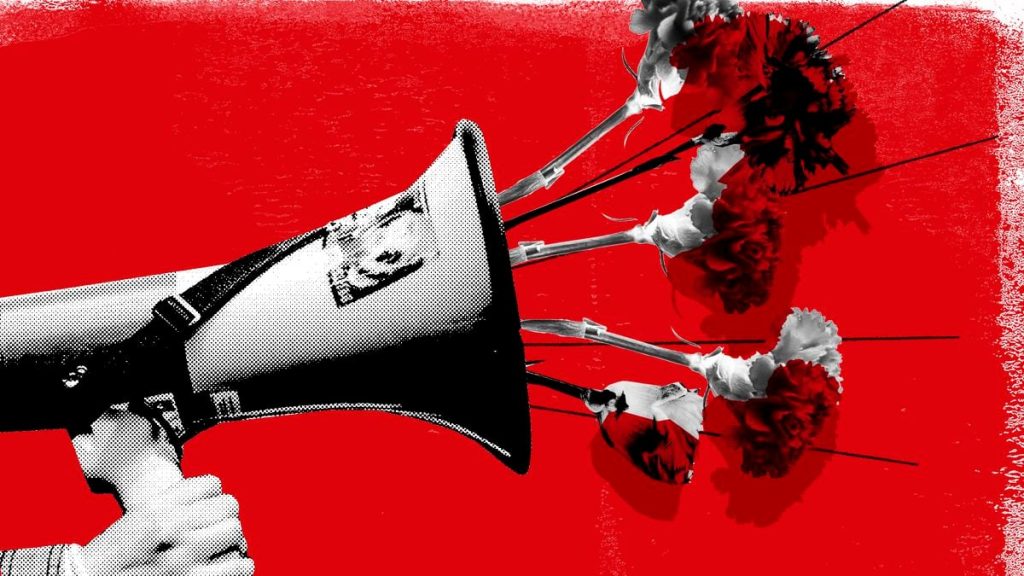Portugal and Spain are planning a joint commemorative program to celebrate the 50th anniversary of the Portuguese revolution of 1974. This initiative aims to remember and celebrate the establishment of democratic regimes in both countries during the 1970s. While both countries ended dictatorships and transitioned to democracies, the processes in Portugal and Spain were quite different. The transition in Portugal involved the overthrow of the Salazar regime by the Armed Forces Movement, leading to the approval of a new constitution in 1976. In Spain, the transition from Franco’s regime to a parliamentary monarchy was gradual, and culminated in a constitutional referendum in 1978.
Historians agree that the military presence in Spain during the transition to democracy acted as a threat that limited the left’s movements towards more radical positions. The failed coup attempt in 1981 highlighted the lingering fears of military intervention. In contrast, the military in Portugal, symbolized by Captain Salgueiro Maia leading the revolution in Lisbon, played a more active and progressive role. While there were reactionary forces in Portugal, including a failed military coup in 1975, the victory of the moderate faction within the military led to the consolidation of democracy.
The differences in the transitions to democracy in Spain and Portugal have shaped their institutional and political perspectives. In Portugal, successive constitutional reforms aimed to “de-ideologize” the constitution and align it with European standards, with left-wing parties advocating for the original 1976 constitution. In Spain, major parties have protected the constitution from significant reforms, fostering a narrative that praises the negotiation process of the Spanish transition while inhibiting radical changes.
It is in the collective memory of the establishment of democracy where the differences between revolutionary origins and transitional paths become apparent in Spain and Portugal. While Spain’s celebration of December 6th remains a political ceremony in the Parliament, the Portuguese commemorations of April 25th are more communal, with emotional street celebrations and a strong sense of collective memory. The anniversary of the revolution is a time for hundreds of thousands of Portuguese citizens to come together and celebrate their freedom, as captured in the verses of poet Sophia de Mello Breyner Andresen. The essence of the revolution and the celebration of freedom may differ between the two countries.
As both Spain and Portugal face the threat of far-right extremism today, reflecting on their paths to democracy can offer insights into their current challenges. The revolutionary spirit of the Portuguese revolution contrasts with the more gradual and negotiated transition in Spain. While the celebrations of the 50th anniversary of the revolution in Portugal evoke a sense of freedom and collective memory, it also serves as a reminder of the unique paths each country took towards democracy.


